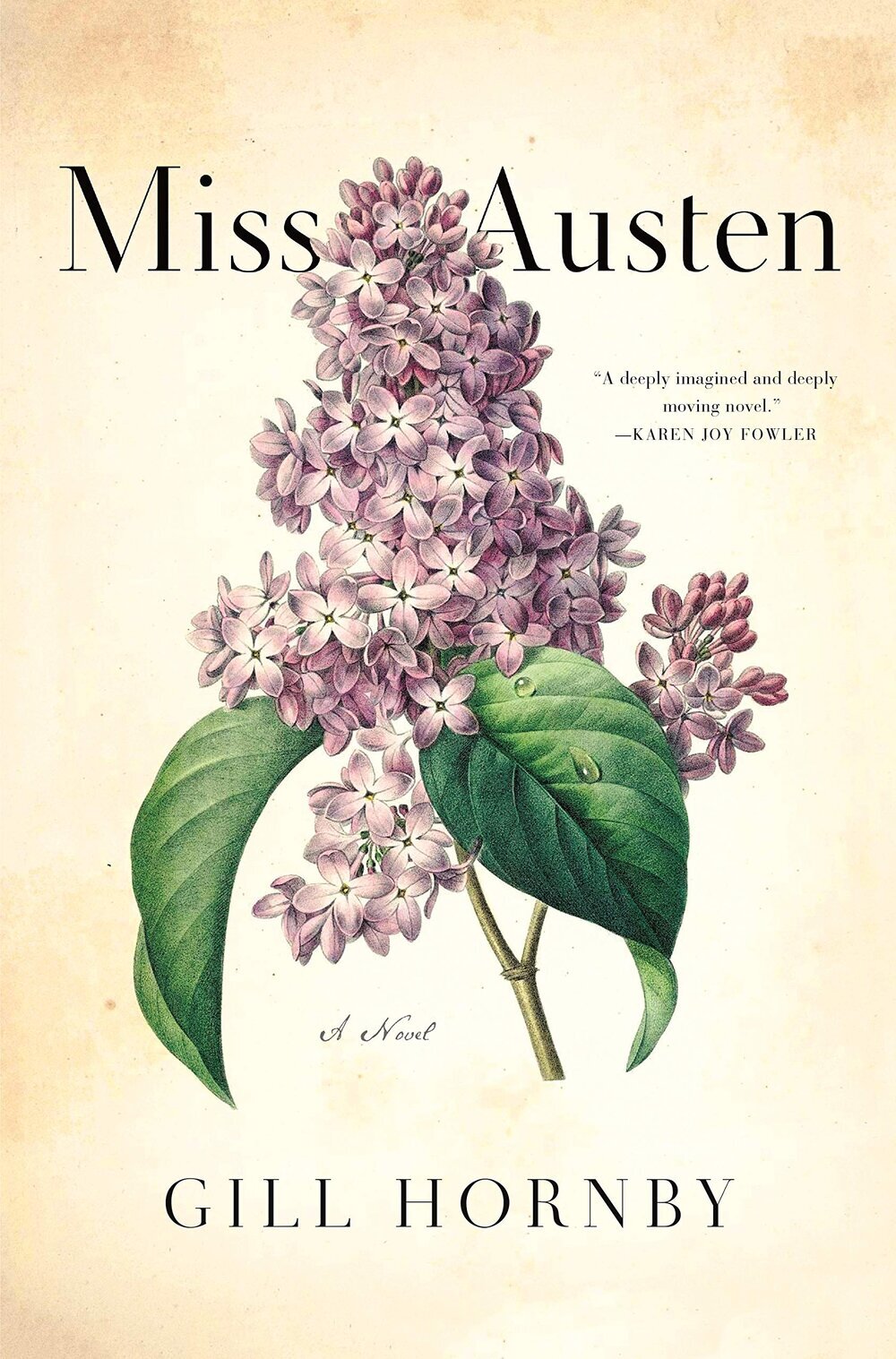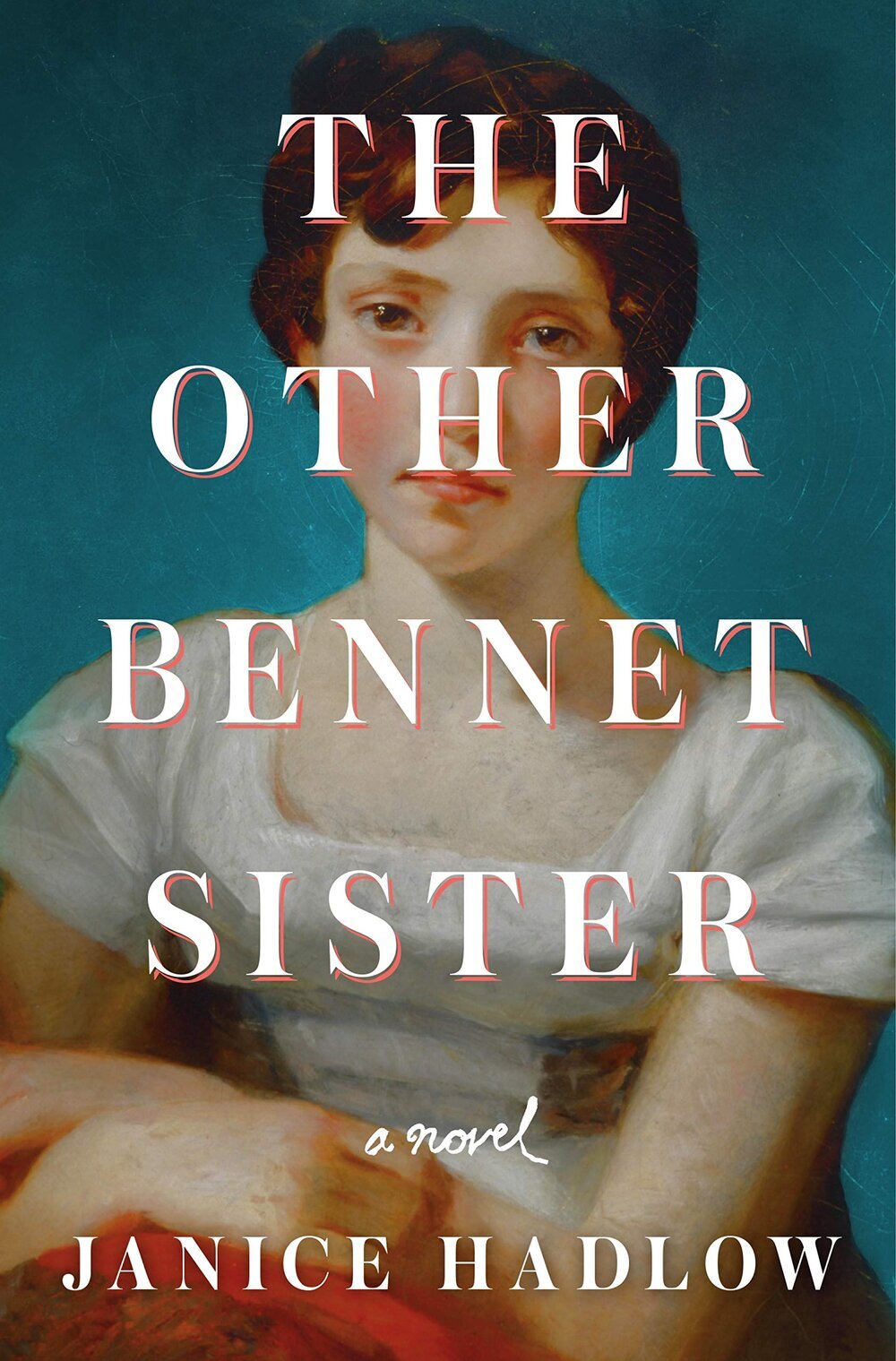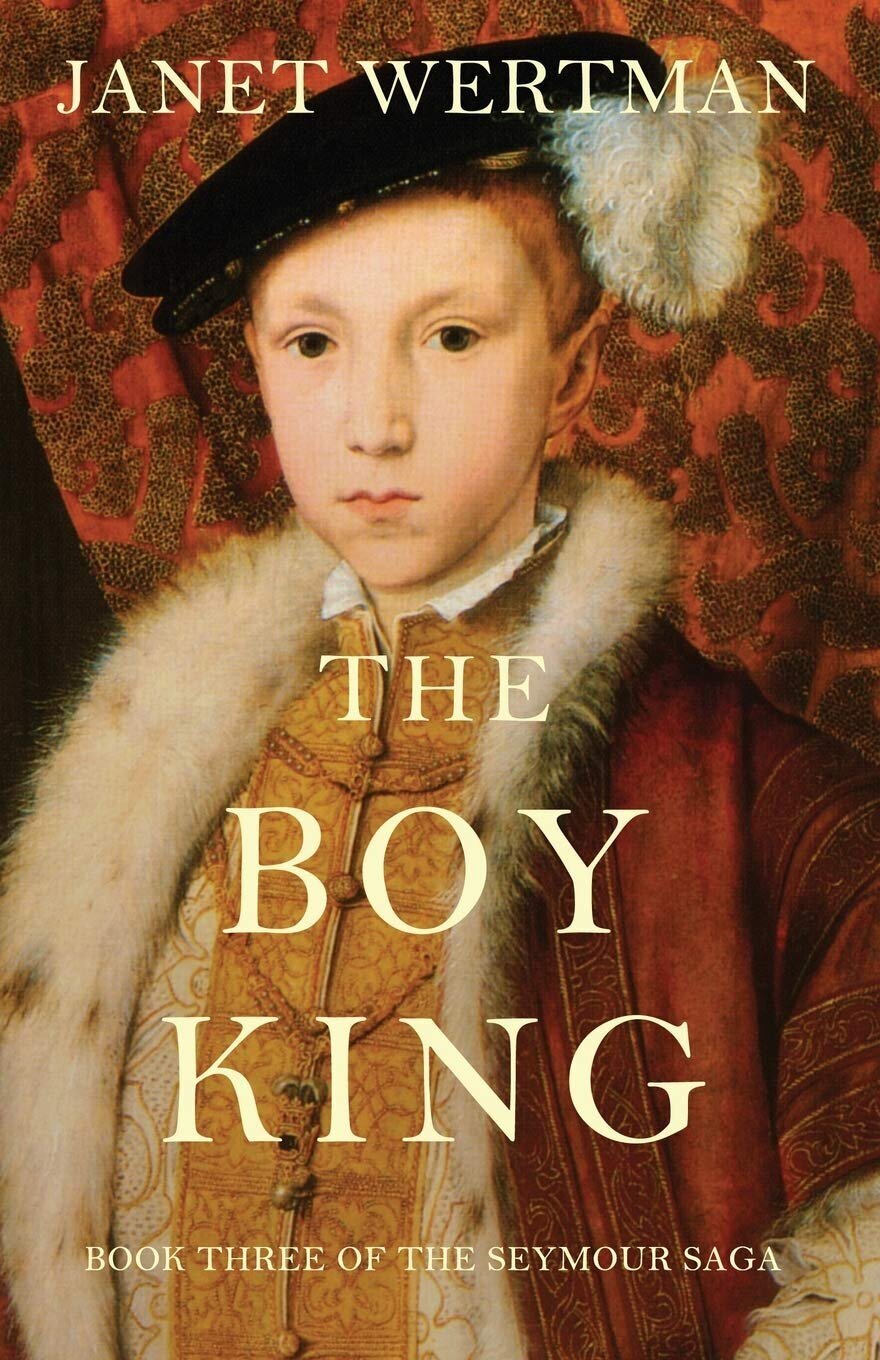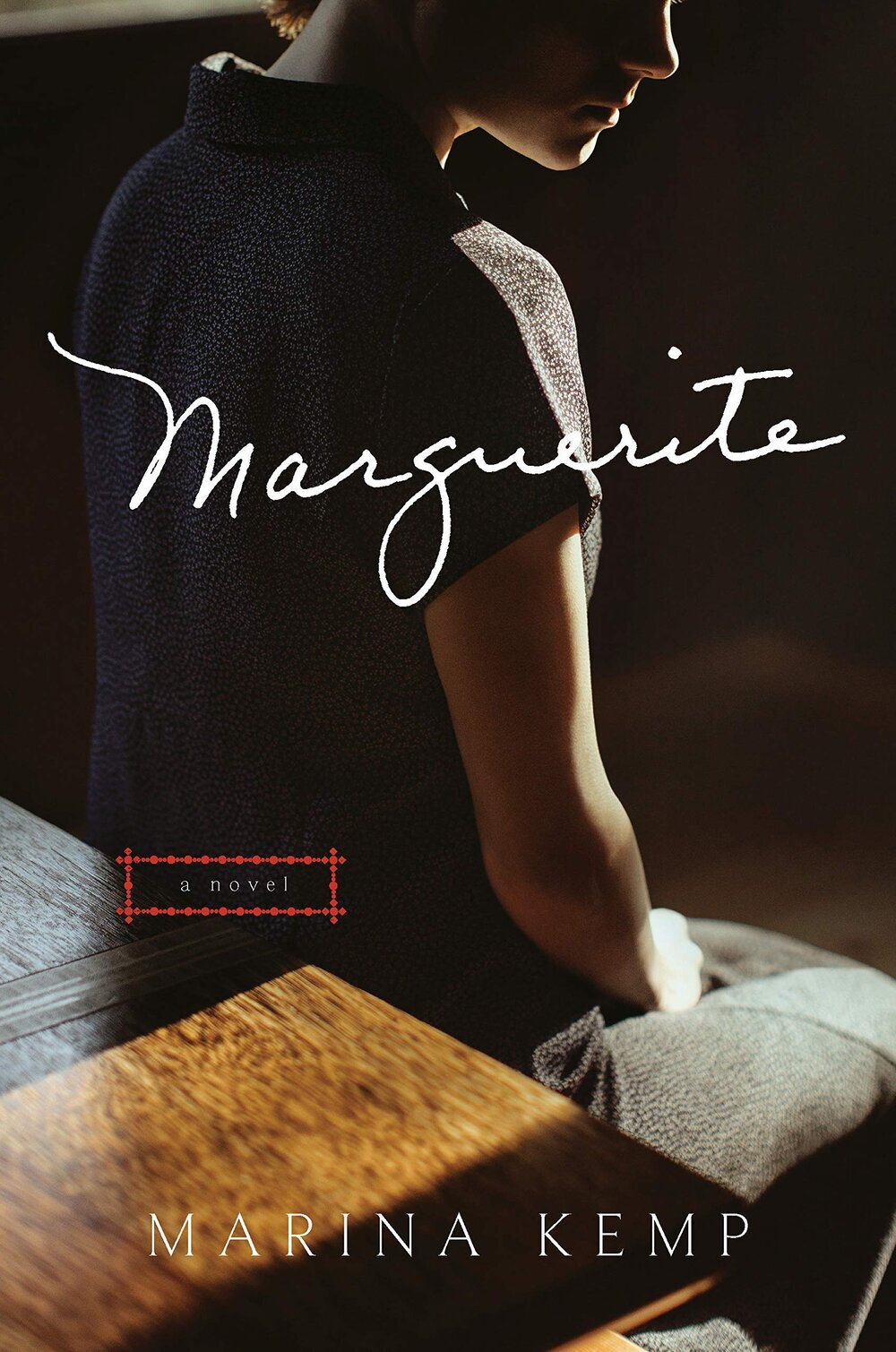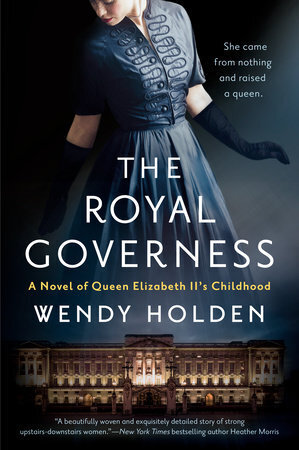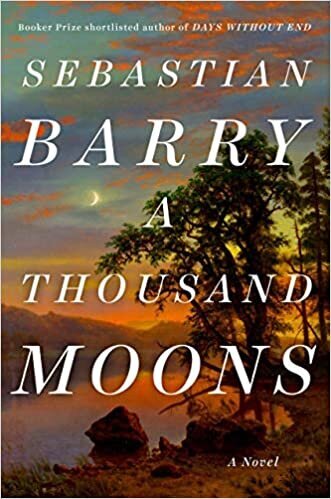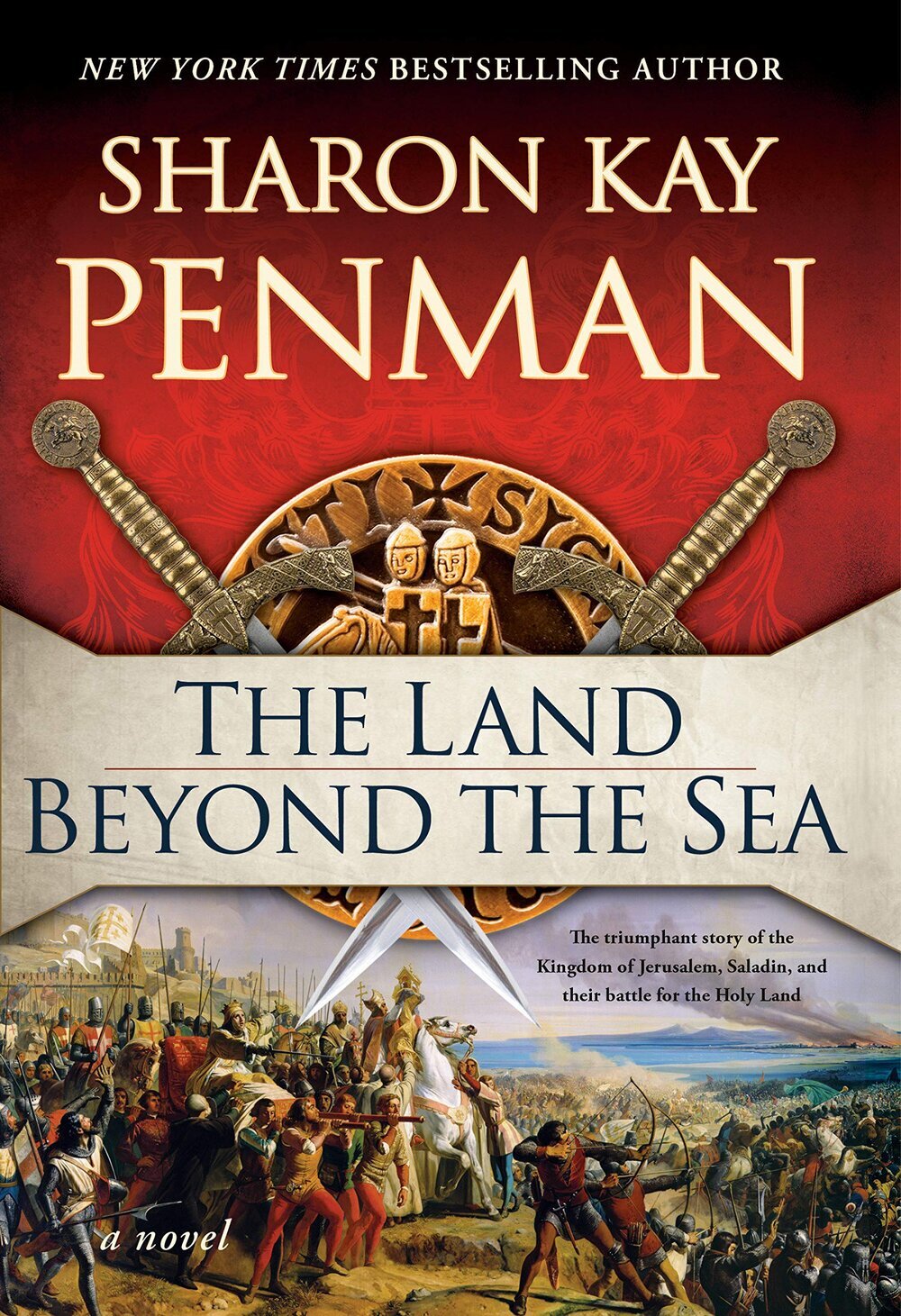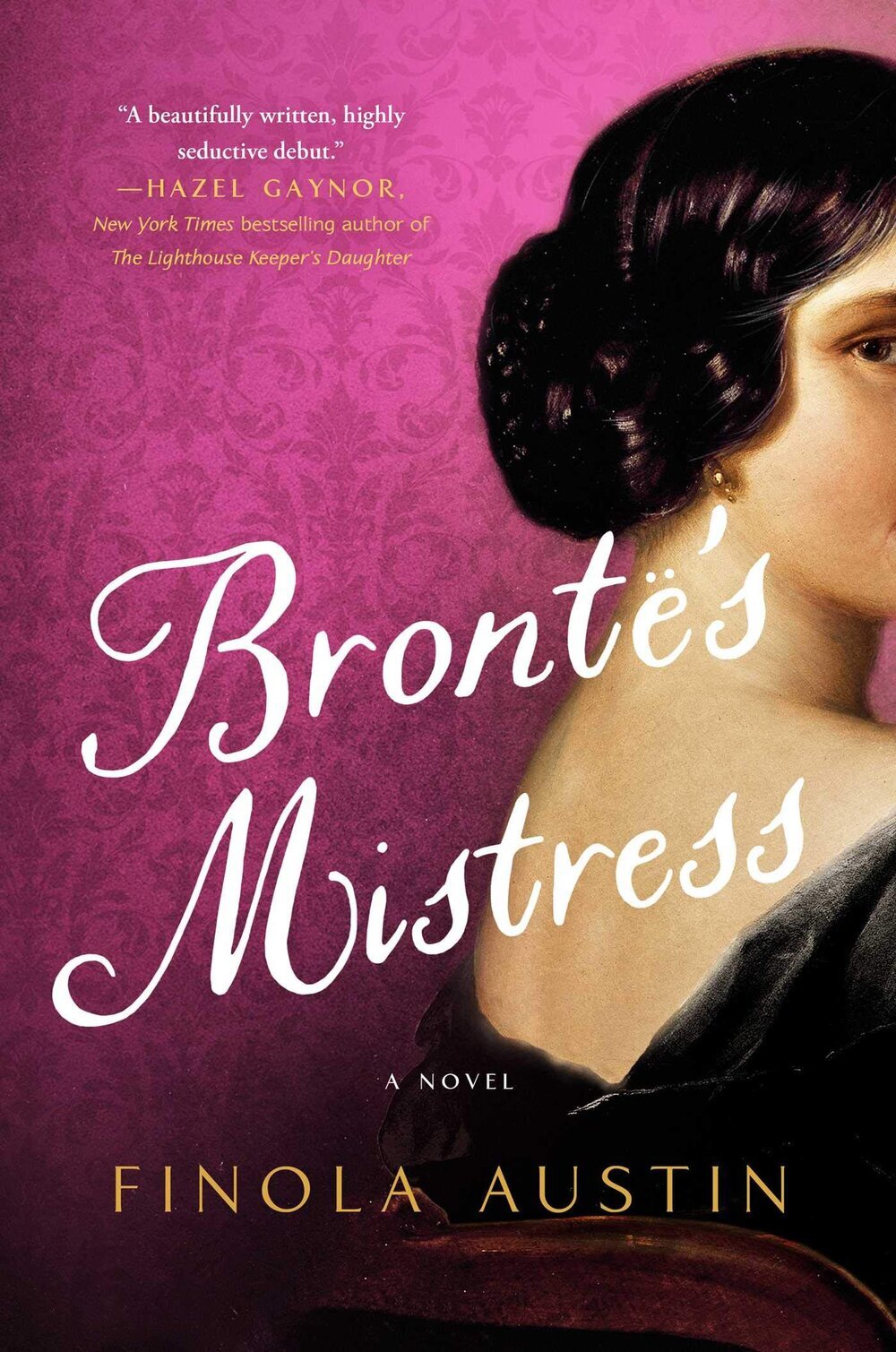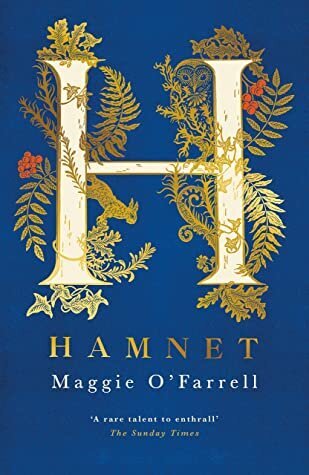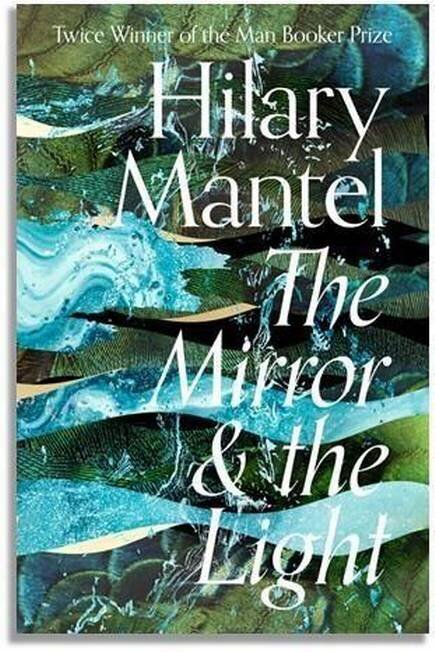The Best Books of 2020: Historical Fiction!
/Considering the enormous popularity of historical fiction over the last century and more, it’s not surprising that so much of the English-language publishing world of 2020 was dominated by a work of historical fiction, The Mirror and the Light by Hilary Mantel, the concluding volume in her enormously celebrated Thomas Cromwell trilogy. The book was long-awaited, and the odds makers were taking action on whether or not Mantel would be the first author to win the Booker Prize for three consecutive books. Since this was 2020 and Mantel is white, heterosexual, and genuinely talented, there was no chance she would win that award, but her book was eagerly consumed nonetheless, and it had some very distinguished company in the category of historical fiction. These were the best of them:
10 Miss Austen by Gill Hornby (Flatiron)
In this wonderfully affecting novel, Gill Hornby takes one of literary history’s greatest villains - Cassandra Austen, who destroyed so many invaluable records of her sister Jane - and pulls off the minor miracle of making her complicatedly sympathetic.
9 The Other Bennet Sister by Janice Hadlow (Henry Holt)
Janice Hadlow’s meaty and thoughtful debut novel is the latest to imagine a fuller story for poor despised, ridiculed Mary, the least likable of the Bennet sisters in Pride and Prejudice, and it does a remarkably moving job of it.
8 The Boy King by Janet Wertman
This terrific third installment in Wertman’s saga of the Tudor Era’s Seymour family centers on young King Edward VI, Henry VIII’s long-sought legitimate male heir, who died as a teenager. Wertman expertly excavates not only Edward’s heart and soul but also his wider world.
7 Marguerite by Marina Kemp (Viking)
A young nurse takes up the care of a powerful man in a small French village - and from such a seemingly simple beginning, Marina Kemp weaves an enthralling, complex story of jealousy and revelation and sharpens it to a very moving conclusion.
6 The Royal Governess by Wendy Holden (Berkley)
When young Marion Crawford accepts a position as governess to the two young princesses of the realm on the eve of World War II, she stepped onto the stage of history - and was later vilified by the same Royal family she’d so loyally served. Wendy Holden here brings that story marvelously to life again.
5 A Thousand Moons by Sebastian Barry (Viking)
Sebastian Barry’s follow-up to his novel Days Without End likewise unfolds in post-Civil War Tennessee and centers on the memorable character of Winona Cole as she tries to make a life for herself in the roiling sea of conflicting social pressures of the time, and once again the main draw here is Barry’s beautiful prose, harsh and lovely at the same time.
4 The Land Beyond the Sea by Sharon Kay Penman (Putnam)
Venerated historical fiction author Sharon Kay Penman here crafts a hefty and intensely human novel about the Crusades, specifically the assault on King Baldwin’s Jerusalem by the forces of Saladin, and all her best talents - for sweeping set-pieces, for touching little human moments - are on full display.
3 The Brontë Mistress by Finola Austin (Atria) (D)
This slim and powerful debut novel by Finola Austin stars the forgotten Bronte sibling, poor haunted Branwell, and deftly, energetically invests him - and the passionate affair that was all his short life could fit - with a three-dimensional believability.
2 Hamnet by Maggie O’Farrell (Knopf)
Maggie O’Farrell looks into the heart of some choice Shakespearean speculation - that the death of the playwright’s son Hamnet was the tragic fuel for his greatest piece of writing - and fills in the story with such warmth and such wryly intelligent prose that her characters feel as real as anything the Bard put on stage.
1 The Mirror and the Light by Hilary Mantel (Henry Holt)
For all the impressiveness of its predecessors, for all the publicity-hype surrounding it, for all its inevitable transformations to stage and screen, the single most amazing thing about this, the best work of historical fiction in 2020, is that it surpasses all these distractions through its own genius of execution. All the tools that Hilary Mantel has used to make her Thomas Cromwell sympathetic without making him likable have here become compelling precision instruments.

